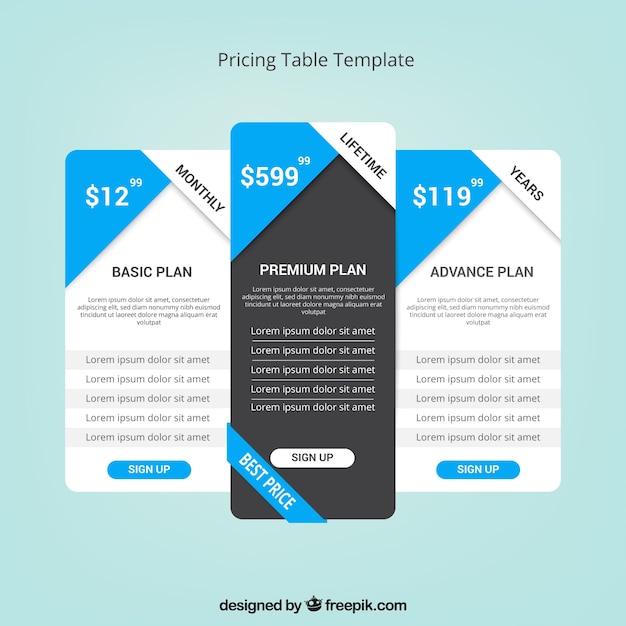
Unraveling the Best Selling Platform: Poshmark, Mercari, or eBay? Which Reigns Supreme for Sellers?

MAKING MONEY ON THE SIDE
Comparing Poshmark, Mercari and eBay: Which is the Best for Selling?
Is it time to clear out your wardrobe, or perhaps even start your own online retail venture? Whether it’s a side hustle or full-fledged business plan, you need to find the right marketplace. Poshmark, eBay, and Mercari are three top platforms for sellers, but which one fits your needs best?
Let’s break them down to Poshmark vs Mercari vs eBay and help you choose the best one for your goals.
A Quick Overview
The key differences between Poshmark, Mercari, and eBay are as follows:
1. Poshmark: This platform is all about clothes and fashion accessories – perfect for selling high-end fashion items, functional straight from your phone.
2. Mercari: Mercari keeps its fees low and acts as a broader platform, something like an online flea market where you can sell almost anything from sports apparel to toys.
3. eBay: Want to reach a global audience? eBay is your guy. It’s been around since 1995 and offers an enormous user base to sell practically anything.
Poshmark: A Closer Look
Poshmark started in 2011 as an app offering a seamless selling experience for fashion fanatics. It specializes in brand name shoes and designer clothes, and it’s designed primarily for women who appreciate style over cost. You can sell new or slightly used items, given they are in great condition. Perfect for fashion lovers who want to make some extra bucks, but probably not your best bet if you’re looking for a permanent business or steady side gig.
Pros:
– Socially active marketplace, with options to comment, share, etc.
– Quick and easy listing process.
– Numerous selling features, like private discounts and direct sharing.
– No returns (unless there’s a dispute).
Cons:
– High commission rates.
– Shipping costs might be too high for smaller items.
– Sales can be time-consuming.
– Limited customer service.
Mercari: A Closer Look
Mercari is an app that started in Japan in 2013, and it’s like an online flea market. Sell everything from clothes to baby items, but remember: honesty about the condition of the items is crucial.
Pros:
– Relatively low commission fees.
– Easy listing process.
– Direct messaging for private negotiations.
Cons:
– Navigation lacks refinement, requires more scrolling through items for listing and selling.
– Rising shipping costs.
– Delayed payment release.
– Scam potential (although Mercari is working on minimizing it).
eBay: A Closer Look
You’re probably familiar with eBay already. With over 12 billion listings, it brings together a plethora of buyers and sellers. Given it’s the oldest player, it provides excellent usability and quite an array of goods and services to trade.
Pros:
– Offers global selling scope.
– Phone customer service available.
– Less time commitment for listing items.
– Access to commercial shipping rates with PayPal.
Cons:
– Payment is often slow.
– Allows up to 180-day returns, even if the seller has refused on listing.
– Listing process can be slow compared with other platforms.
Final Word: Which to Choose?
There’s no definitive answer to “Which is better?” Poshmark, Mercari or eBay, as each has its advantages and disadvantages. If you’re mainly selling designer clothes, Poshmark might be your platform. For broader offerings, choose Mercari. And if you wish to sell globally, eBay is the way to go.
You might also consider cross-listing your items on multiple platforms to reach a bigger audience. Starting a buying and selling venture can be quite rewarding if you choose a platform that suits your needs and keeps your potential buyers satisfied.
(Note: The content ends there. The part for Investment Platforms featuring Public, Moomoo, and Webull appears to be separate and is not relevant in this context, hence is removed.)


